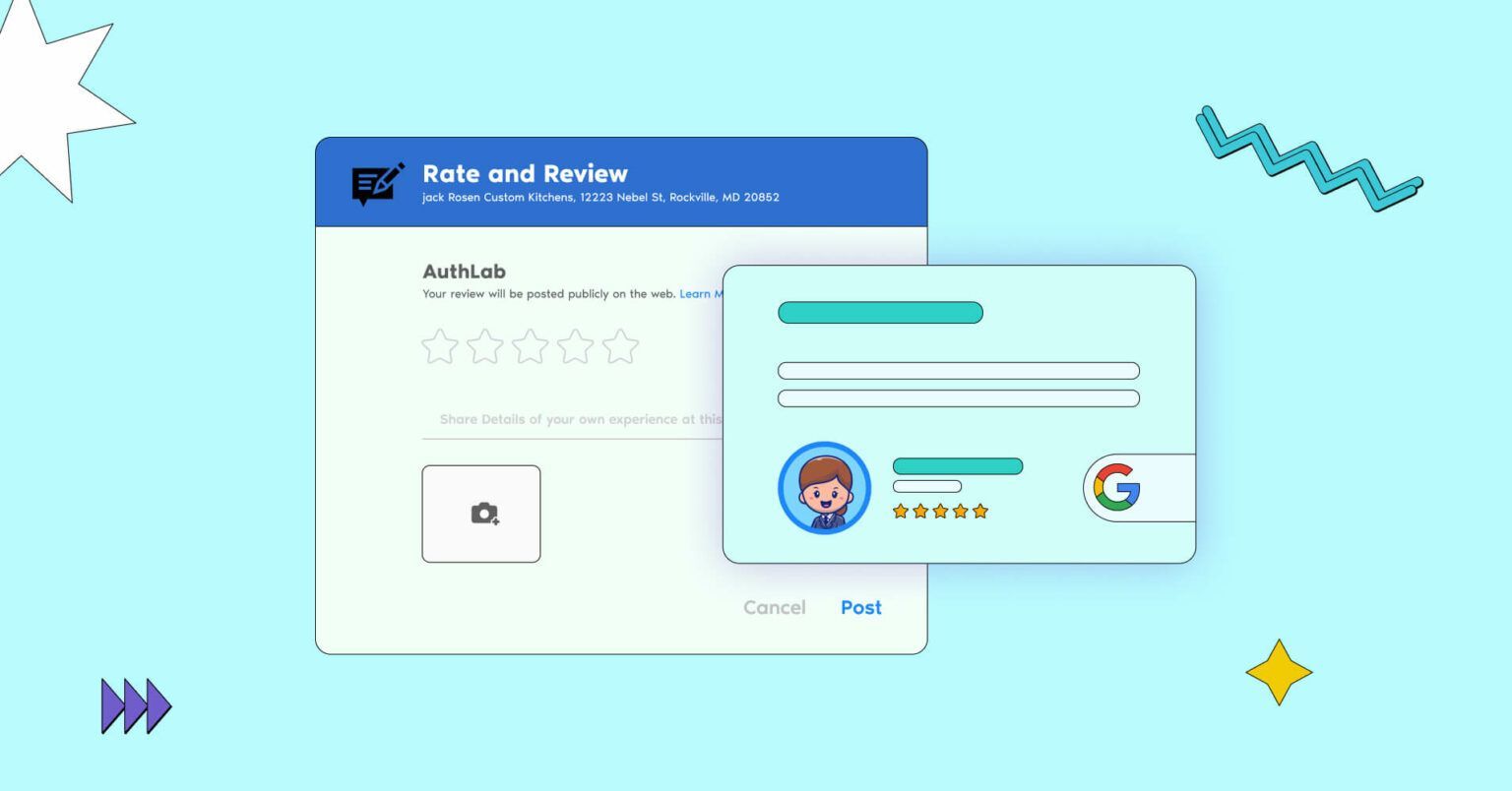Master the Google Reviews Guidelines to Boost Your Reputation
Introduction: The Power of Google Reviews
In today’s highly connected world, customer feedback has become one of the most powerful tools in shaping a business’s reputation. Google reviews play a pivotal role in this, influencing everything from consumer trust to search engine visibility. Positive Google reviews not only help businesses build credibility but also significantly impact purchasing decisions. As such, mastering Google Reviews Guidelines is critical for businesses that want to maintain a positive reputation and maximize their potential.
What Are Google Reviews Guidelines?
Google Reviews Guidelines are a set of policies that define what constitutes acceptable, relevant, and lawful content in customer reviews on Google. These guidelines ensure that reviews are genuine, respectful, and helpful to other customers. They serve as a framework for businesses and customers alike, promoting fairness, transparency, and trust in the online review process. By adhering to these guidelines, businesses can avoid penalties and enhance their online presence.
The Importance of Following Google Reviews Guidelines
Following Google Reviews Guidelines is not just about avoiding penalties; it’s also about ensuring that your business remains trustworthy in the eyes of potential customers. Violating these guidelines can result in the removal of reviews or, worse, the suspension of your Google My Business account. By understanding and adhering to these guidelines, businesses ensure that their reviews remain authentic and valuable, contributing to a positive online reputation.
Key Elements of Google Reviews Guidelines
Google’s reviews guidelines focus on two major aspects: what is allowed and what is prohibited. Reviews should reflect real customer experiences, be respectful, and avoid harmful content such as hate speech or explicit language. Content that can harm others, including fake reviews, discriminatory remarks, and spam, is strictly prohibited. Only genuine feedback from customers who have interacted with the business should be allowed. Knowing these boundaries ensures that businesses stay compliant and build trust with their audience.
How Google Reviews Guidelines Impact Your Business Reputation
Your online reputation is directly tied to the content of your Google reviews. Google Reviews Guidelines are designed to ensure that reviews reflect honest, relevant, and constructive feedback. Positive reviews, when in line with these guidelines, build customer trust and increase the likelihood of new customers choosing your services. Properly managing reviews, both good and bad, strengthens your reputation by showcasing transparency and customer focus.
Google’s Policy on Fake Reviews
Fake reviews are one of the most damaging elements in online reputation management. Google takes this issue seriously, with policies that specifically prohibit fake, paid, or biased reviews. These reviews not only mislead customers but also undermine the credibility of the business. Google uses advanced algorithms and manual moderation to detect and remove fake reviews, ensuring that the feedback displayed is authentic and trustworthy. By avoiding fraudulent practices, businesses protect both their reputation and their Google ranking.
The Role of User-Generated Content in Google Reviews
User-generated content (UGC) is central to Google reviews. These reviews offer authentic insights into a business’s performance from real customers. Encouraging customers to share their honest opinions allows businesses to gain valuable feedback that can help improve their services. Businesses that leverage UGC effectively can foster trust with their audience, turning positive reviews into powerful testimonials that help drive sales.
How to Request Reviews Without Violating Guidelines
Asking customers for reviews is essential, but it must be done in a way that complies with Google’s guidelines. Avoid offering incentives or pressuring customers for positive reviews. Instead, ask for feedback in a neutral, non-biased manner. Offering clear instructions and making it easy for customers to leave reviews will increase the likelihood of receiving genuine feedback. By requesting reviews ethically, businesses can build a steady flow of authentic reviews that enhance their reputation.
Responding to Reviews Within the Google Guidelines
Responding to Google reviews is a vital part of managing your reputation. For positive reviews, express appreciation and reinforce the qualities of your business that the customer praised. When responding to negative reviews, approach them with empathy and professionalism. Google encourages businesses to provide thoughtful, meaningful responses while avoiding arguments or defamation. Engaging with reviews in this way shows that your business values customer feedback and is committed to continuous improvement.
Google Reviews Guidelines for Multiple Locations
Managing Google reviews for multiple business locations can be challenging but adhering to the guidelines is crucial. Each location must manage its own reviews, with responses tailored to the specific customer experiences at that location. Consistency in messaging and maintaining a unified voice across all locations is essential for managing your brand effectively. Automated tools can help businesses streamline this process by tracking reviews and sending responses across multiple locations, ensuring no review goes unnoticed.
Dealing with Spam and Inappropriate Reviews
Spam or inappropriate reviews can harm your business’s online reputation. Google provides tools for businesses to report fraudulent or irrelevant reviews. Businesses should regularly monitor their reviews to identify content that violates Google’s guidelines. When flagged, Google reviews are either removed or replaced with valid feedback, allowing businesses to protect their reputation from malicious content.
Google Reviews and Local SEO
Google reviews are a critical component of local SEO. The more positive reviews a business receives, the higher it ranks in local search results. Google’s algorithms prioritize businesses with strong, consistent reviews, making them more likely to be discovered by potential customers. By following the guidelines and maintaining a steady flow of reviews, businesses can improve their local SEO and attract more traffic.
Leveraging Positive Reviews to Build Trust
Positive reviews not only enhance your business’s reputation but also help build customer trust. Displaying genuine, positive feedback on your website and social media platforms creates social proof, influencing potential customers to trust your services. Reviews act as a powerful form of word-of-mouth marketing, often converting curious prospects into loyal customers.
Maintaining Transparency with Google Reviews
Transparency is key to building a lasting relationship with customers. Google reviews guidelines encourage businesses to keep their reviews honest and authentic. Displaying reviews—both positive and negative—demonstrates transparency and authenticity, which builds credibility with potential clients. By handling reviews openly, businesses foster trust and show that they value customer feedback.
How to Handle Negative Reviews According to Google Guidelines
Negative reviews can be unsettling, but they also offer opportunities for growth. Google reviews guidelines recommend responding to negative feedback promptly and professionally. Address the issues raised by the customer and offer solutions or clarifications where necessary. This proactive approach not only helps resolve customer concerns but also demonstrates that your business is responsive and dedicated to improving.
Google Reviews and Compliance with Consumer Protection Laws
Compliance with consumer protection laws is crucial for businesses collecting online reviews. Google’s review guidelines are designed to align with legal requirements, ensuring that businesses don’t mislead consumers or violate their rights. Understanding these laws helps businesses avoid legal issues and build a trustworthy brand that consumers can rely on.
Understanding Google’s Algorithm and Review Ranking
Google uses various factors to determine how reviews affect business rankings in search results. These factors include the number of reviews, the frequency of reviews, and the relevance of feedback. Google’s algorithm rewards businesses that consistently receive positive, authentic reviews, helping them rank higher in search results. By following the review guidelines, businesses can optimize their reviews for better search visibility.
Optimizing Google Reviews for Better Business Outcomes
Optimizing your Google reviews involves more than just collecting feedback. It requires creating a strategy for requesting reviews, responding to them, and using them to improve business performance. By analyzing review patterns, businesses can identify areas for improvement and adapt their services accordingly. Optimization ensures that reviews contribute to continuous business growth.
Monitoring and Maintaining Your Google Reviews Profile
Regularly monitoring your Google reviews profile is essential for maintaining a positive online presence. Set up alerts to notify you when new reviews are posted and use review management tools to track feedback across multiple platforms. Consistent monitoring ensures that you can address negative feedback swiftly and keep your reputation intact.
Conclusion: Mastering Google Reviews Guidelines for Long-Term Success
Mastering Google Reviews Guidelines is essential for building and maintaining a strong online reputation. By following the rules, engaging with feedback, and promoting transparency, businesses can enhance customer trust and increase their visibility. The long-term benefits of adhering to these guidelines include stronger customer relationships, improved SEO rankings, and sustained growth in an increasingly competitive market.




